Conversations Book Club chose her book as one of its "Readers Choice" Selections for 2008. Here is our conversation with the woman who is giving others in the literary game a run for their money.

Portia, thank you for your time. I have a lot I want to discuss with you, but I want to first talk about inspiration. What inspired you to not only write your debut novel TOO LITTLE, TOO LATE but see it through to the end?
I saw part of a news report about a lady who was raped. I don't think I paid attention to the details, but immediately, I thought, "What if a black girl was raped?" In our community, we usually don't discuss that type of crime. The majority of our reports involve shootings and drug dealing. I wanted to dispel the misconception that African-Americans don't deal with issues of that nature, but entertain as well. I saw it through to the end because I felt the story was necessary and I enjoyed writing it.
There are so many people out there who might see your book and say "I can do that," but don't put forth the effort you have done to make the dream a reality. Why do you think so many don't take advantage of their God-given talents?
I'd say it's either because they realize writing a book is a lot of work and don't have the drive to finish, or they just aren't passionate about their craft. I eat, drink, and sleep my characters and their stories. I'll be at work and think of a random quote or situation for a character that I have to write down ASAP. What would I do with that information if I wasn't determined to place it in a book where it wants to be? I would go insane!
I see books as a voice, the author's way of conveying a message to readers. When you were growing up was it obvious to others what we are seeing today?
Throughout high school, I used creative writing as a way of conveying messages. I wrote some hard-hitting poetry for English class, and I'd write random plays about relationships and whatever else my imagination could contribute to that topic. One thing that stands out in my mind is a project I turned in for health class. We learned about HIV and had to write a report about it. After getting permission, I turned in a three-page poem that included all the information required and it even rhymed. Although a lot of my classmates remember my love for writing, I don't think they ever imagined I would publish a novel like I said I would.
How much did what you saw or experienced as a child impact the Portia Cosby that stands before us now?
In some way, I guess I draw from many experiences in my childhood. The main thing that is reflected in the Portia Cosby you see today is my ability to recognize the complexities of a person. If you notice, most of my characters are extremely complex. You think they would act one way in a situation, but instead they surprise you. For example,
How did you come up with the story line of the book?
The actual storyline came from nowhere! Although I was inspired somewhat by the mention of sexual assault on the news, TOO LITTLE, TOO LATE is so much more than that. Tameka's name popped into my head first, and I knew she had to be the main character. I already knew her personality, how she looked—everything. I wanted her to have a complex relationship with a longtime boyfriend, and he had to be a bad boy. Once I figured out TJ's character and created Alexis as her crass sister, the story took off. Life is about relationships and conflict. I want all of my stories to feel real, so that was the formula I used to create TOO LITTLE, TOO LATE.

In your book TOO LITTLE, TOO LATE you allow us to get into the character Tameka James. Why did you decide to write in first person, and was it hard for you putting yourself in situations that she faced?
I wrote Tameka's story in first person because I feel the story has more relevance with her narrating. There is more emotion with that perspective. The reader cares about what happens to her because he/she knows what makes her happy, what makes her mad, and what makes her cry. Whenever adversity arises, they want her to get through it and maybe even scold her for some of the choices she makes. Also, I wanted the reader to have questions and find out certain information when she did. The other happenings that she didn't know of but I still felt were necessary to include were written in third person so the reader could understand why the other characters acted and reacted in certain ways.
It was definitely hard to put myself in some of the situations she faced because I had to feel her emotions, some of which were pretty disturbing.
Kenny Blue, an author I had the pleasure to converse with a year or so ago, said in a blurb on your book "Too Little, Too Late proves that some consequences don't happen by choice." Do you think that books like yours keep us from judging people's circumstances by just what we see on the outside? I think TOO LITTLE, TOO LATE offers a different perspective. In the few pages before anything bad happens, readers already feel like they know Tameka. They feel connected to her. So when she and TJ are confronted by his enemies, the reader understands why she was out with him in the first place. When she gets the news from the doctor, they feel her devastation because they know she didn't acquire HIV by her own doing. I hope people read this and wonder what circumstances placed others in the predicaments they are in. I want them to realize that everything in life isn't so cut and dry.
There are a lot of issues that you raise in the book, but one of the most dramatic is the way the main character became infected with HIV. There is such a stigma with that disease in our community, why did you decide to address it the way you did?
I addressed it that way because I hear so many of my friends and associates speak negatively about STDs, and they have no clue about the different ways the diseases can be acquired. Countless times, I've heard that someone is nasty, promiscuous, or dirty, when the truth of the matter is we don't know how they ended up with the infection. Furthermore, we tend to put a face to a disease. Tameka is drop dead gorgeous for a reason; you wouldn't look at her and think anything was wrong. Because she has a nice body, dresses well, and doesn't "look sick," most guys would have unprotected sex with her in a heartbeat. Things happen, and unfortunately HIV happened to Tameka in a way she never expected.
After the book was finished, why did you decide to self-publish it?
I tried the traditional route, and it was a headache. I spent so much time trying to convince agents to believe in my work, when I've believed in it from day one. Self-publishing had become widely accepted, so I figured I'd go that route and get this story out there.
What was more difficult for you, the actual writing of the book or the business side of the business? Writing the book was a breeze compared to handling the business aspect. I believe that's because I'm a born writer—not a born businesswoman. I'm learning, though, and it's really not as difficult as I thought it would be when I really think about it. Writing SUPPOSED TO BE is much more difficult than TOO LITTLE, TOO LATE, though. I don't know if it's because I have so many other things going on now, but it's definitely a different experience.
As a published author, what is your main target group as far as a reader base and what do you hope they get from the story?
My main target group is African-American women between the ages of 17 and 35, but in my experience so far, the majority of my readers are much older and they love the book. I hope that young ladies especially recognize aspects of themselves or their friends in Tameka or even Alexis and put more thought into choosing men, friends, and ultimately their destiny. Young or old, male or female, I want one universal message to be clear: One simple decision can change your life forever. You won't know whether it was a good or bad decision until the ball has already started rolling. Once that happens, it's too late to go back.
I've definitely thought along those lines. TOO LITTLE, TOO LATE was originally written as a movie, and I went to film school for the sole reason of learning how to make it into one. Hopefully it will be on the big screen in a couple years. In the meantime, I'm writing the second installment to the Situations & Circumstances series, titled, SUPPOSED TO BE. Alexis takes over as narrator and shares what's happening in her life. Her friend, Tiffany, is also a major character. Even though it picks up where TOO LITTLE, TOO LATE left off, it is a story all its own, and you know Alexis is sure to keep you entertained.
They can go on my website, www.portiacosby.com or my Myspace page, www.myspace.com/portiacosby. Readers who have feedback to offer can always feel free to contact me by email at feedback@portiacosby.com. Thank you for giving me the chance to converse with you, Cyrus! I appreciate all you do to help self-published authors gain more exposure.
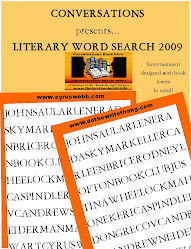


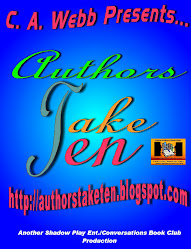


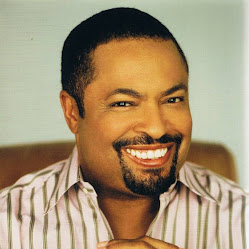
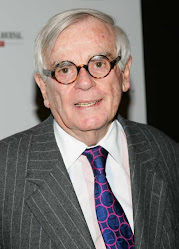

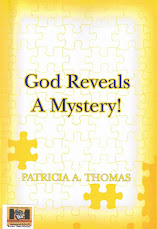


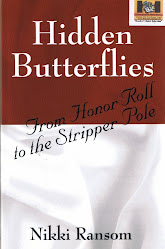
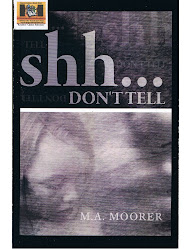


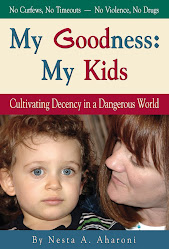


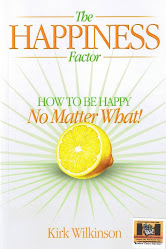


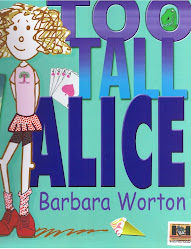

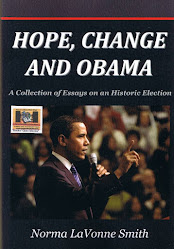
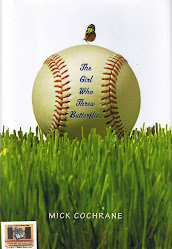
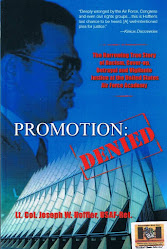



No comments:
Post a Comment